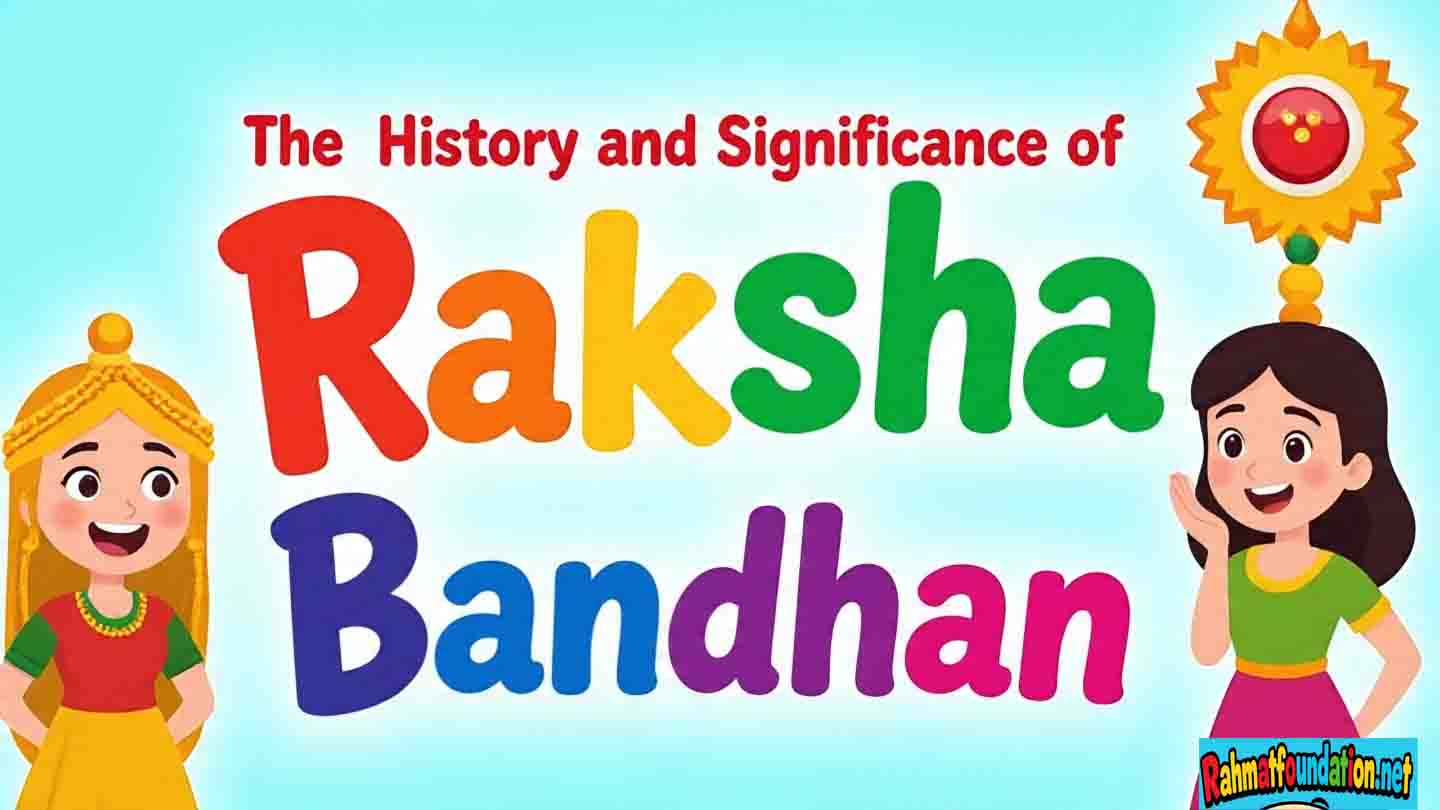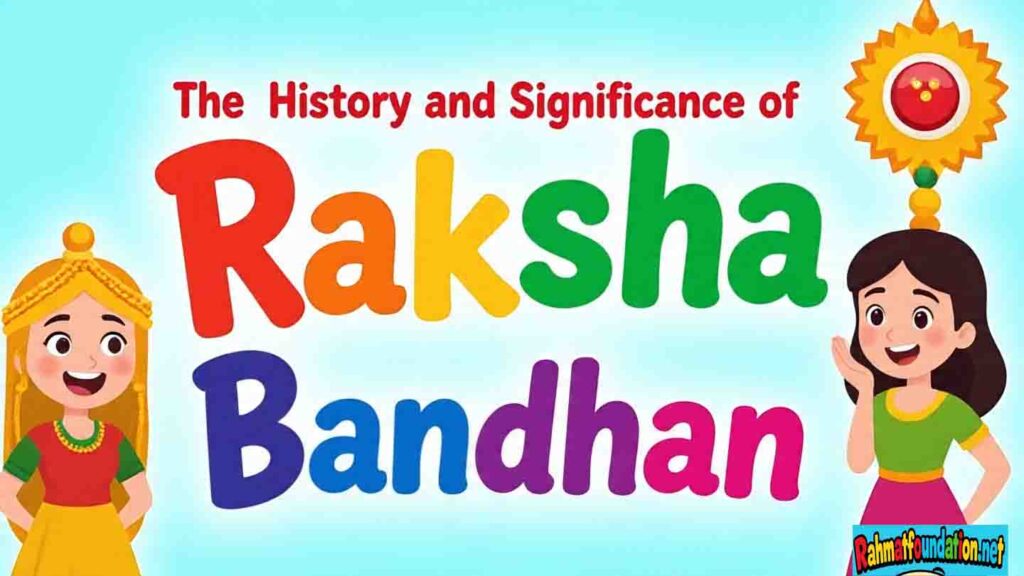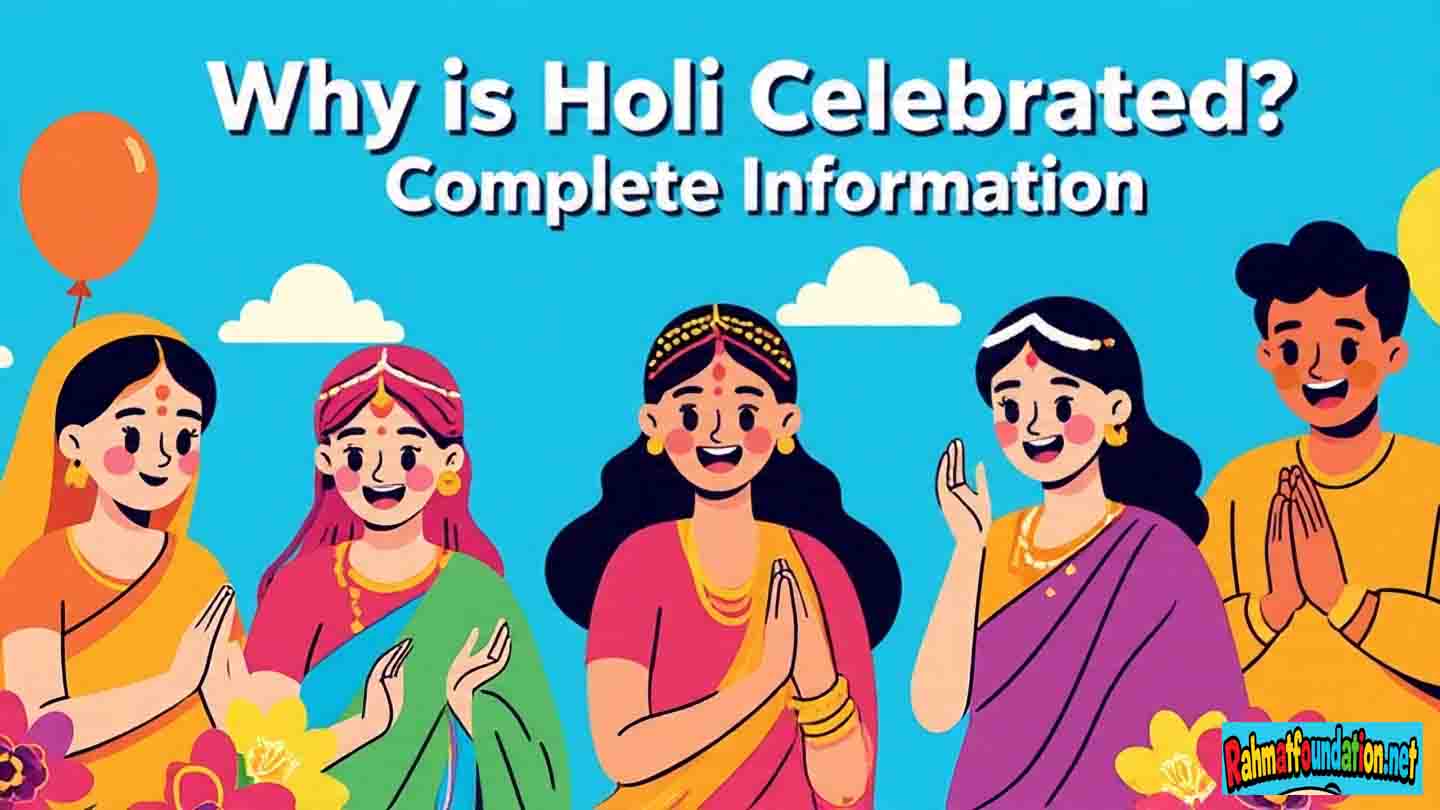The History and Significance of Raksha Bandhan

1. Introduction: What is Raksha Bandhan?
Raksha Bandhan, often called Rakhi, is a popular Hindu festival that celebrates the bond between brothers and sisters. The term “Raksha Bandhan” literally translates to “the bond of protection.” On this special day, sisters tie a sacred thread called Rakhi around their brothers’ wrists, symbolizing love, protection, and a lifelong promise to support each other.
Though primarily celebrated in India, Raksha Bandhan has gained recognition globally, symbolizing familial love, care, and unity. But what makes this festival truly special is its history and profound cultural significance, which dates back centuries.
Table of Contents

2. The Mythological Origins of Raksha Bandhan
Several mythological stories explain the origin of Raksha Bandhan, emphasizing themes of protection, devotion, and moral values.
The Story of Lord Krishna and Draupadi
One of the most famous legends comes from the epic Mahabharata. During the infamous dice game, Draupadi was humiliated in the Kaurava court. Distressed, she turned to Lord Krishna for help. In response, Krishna promised to protect her. Draupadi tied a piece of her sari around Krishna’s wrist as a token of her trust, and Krishna came to her rescue instantly.
This tale highlights the emotional and protective aspect of Raksha Bandhan and sets the foundation for the custom of tying a sacred thread.
👉 Learn more about the Mahabharata legend (DoFollow External Link)
Rani Karnavati and Emperor Humayun
Another historical account involves Rani Karnavati of Mewar and Mughal Emperor Humayun in the 16th century. Facing a threat from Bahadur Shah of Gujarat, Rani Karnavati sent a Rakhi to Humayun, seeking his protection. Touched by the gesture, Humayun immediately marched to her aid, exemplifying the spirit of the festival.
These stories reflect how Raksha Bandhan transcends mere ritual, symbolizing duty, care, and unity across different social boundaries.
3. Historical Events That Shaped Raksha Bandhan
While the mythological stories give us spiritual insight, historical events have shaped Raksha Bandhan into a cultural phenomenon.
Ancient Tradition
Raksha Bandhan has been referenced in ancient Hindu scriptures as a festival symbolizing the duty of siblings. Originally, it was more than a brother-sister relationship—it was a broader expression of protection and unity between people from different backgrounds.
Colonial India
During British colonial rule, Raksha Bandhan became a subtle form of political resistance. Sisters tied Rakhi to Indian leaders and freedom fighters, symbolizing support for the struggle against oppression and the unity of the nation.
👉 Explore more about India’s freedom struggle (DoFollow External Link)
4. The Cultural Significance of Raksha Bandhan
Raksha Bandhan is deeply rooted in Indian culture, emphasizing several key values:
Family Bond
The most obvious aspect of Raksha Bandhan is the special bond between brothers and sisters. The festival serves as a reminder of unconditional love, lifelong commitment, and mutual respect.
Social Harmony
The tradition also promotes social unity by crossing caste, religion, and economic boundaries. The Rakhi is not limited to biological siblings but is often tied between friends, cousins, and close family friends, spreading goodwill.
Spiritual Significance
Tying the Rakhi is also seen as a spiritual act, symbolizing the protection of Dharma (righteousness). It reinforces the moral responsibility to safeguard each other from harm and negativity.
5. How is Raksha Bandhan Celebrated in India?
Raksha Bandhan is celebrated with great joy and enthusiasm across India. Although the customs vary slightly from region to region, the core essence remains the same.
The Ritual
On the day of Raksha Bandhan, families gather together in the morning. The sister performs aarti (a prayer ritual) and ties the Rakhi on her brother’s wrist, praying for his well-being and success. The brother, in return, gives a gift as a token of love and vows to protect her throughout life.
Regional Variations
- In Maharashtra, Raksha Bandhan coincides with Narali Purnima, celebrated by fishermen.
- In Bengal, a similar festival called Jhulan Purnima is celebrated with devotion to Krishna and Radha.
Festive Foods
Special sweets like Kaju Katli, Laddoos, and other delicacies are prepared and shared during the celebration, adding to the festive spirit.
6. Raksha Bandhan in Modern Times
In today’s fast-paced world, the way Raksha Bandhan is celebrated has evolved significantly.
Virtual Celebrations
With the rise of digital communication, siblings who live far apart now celebrate Raksha Bandhan virtually. Sending Rakhis and gifts online has become common, ensuring that the emotional bond remains unbroken.
Commercialization
Raksha Bandhan has also seen commercialization, with an explosion of ready-made Rakhi sets, gift hampers, and special festival deals. However, despite the commercial aspect, many still prefer handmade Rakhis and personal gifts to preserve the sentiment.
7. The Social Message of Raksha Bandhan
Beyond its joyful celebrations, Raksha Bandhan carries an important social message.
Unity in Diversity
Raksha Bandhan serves as a reminder of India’s unity in diversity. By extending the Rakhi to friends, neighbors, and even people from other religions, the festival promotes a message of peace and universal brotherhood.
Empowerment of Women
This festival highlights the respect and value of sisters in society. It promotes the idea that women are equally responsible for nurturing and protecting the social fabric.
8. Raksha Bandhan Across the World
Raksha Bandhan has expanded beyond Indian homes, becoming a celebrated tradition among the global Indian community and others around the world. With the Indian diaspora spreading across the globe, the festival is celebrated in countries like the USA, UK, Canada, Australia, and UAE.
International Awareness
Cultural programs, Rakhi-making workshops, and Indian community events help spread awareness about the festival’s significance. These global celebrations also help non-Indians understand the values of love, protection, and family unity.
9. Traditional and Modern Rakhi Ideas
Traditional Rakhis
- Thread Rakhi with sacred symbols like Om or Swastika
- Pearl-studded Rakhis
- Simple cotton thread Rakhi with minimal decorations
Modern Rakhi Ideas
- Personalized photo Rakhis
- Eco-friendly Rakhis made from biodegradable materials
- Designer Rakhis with beads, stones, and digital prints
🎁 Find eco-friendly Rakhi options online (DoFollow External Link)
10. Conclusion: The Eternal Bond of Siblings
Raksha Bandhan is a beautiful celebration that transcends mere ritual. It represents a timeless bond between brothers and sisters, built on love, care, and mutual responsibility. Rooted in mythology, strengthened by history, and celebrated across cultures, Raksha Bandhan is a festival that highlights the essence of family unity and social harmony.
On this special day, let us remember to celebrate not just the ritual of tying a Rakhi, but the enduring connection that it symbolizes—a promise of protection, understanding, and lifelong togetherness.
11. Frequently Asked Questions (FAQs)
Q1: Can Rakhi be tied to friends or non-biological siblings?
A: Yes, Rakhi can be tied to friends, cousins, and even individuals who play a sibling-like role in one’s life, symbolizing love and protection.
Q2: What is the significance of Rakhi in Indian culture?
A: Rakhi symbolizes the duty of protection and mutual respect between siblings. It is also a cultural practice promoting unity and social harmony.
Q3: When is Raksha Bandhan celebrated?
A: Raksha Bandhan is celebrated on the full moon day (Purnima) of the Hindu month of Shravan, typically falling in August.
